
You CAN recover stolen or lost gadgets, but it ain't easy
We carry expensive gadgets on us all the time now. On a flight we listen to music on an iPhone or read on a Kindle ebook reader. We watch movies on an iPad or play Angry birds on an Android. But what do you do if you misplace that device, or worse it is stolen? What recourse do you have to get it back, if any? Who do you call, or contact for help, and what can you do to be prepared beforehand to help in getting it back yourself?
In this article I will do a quick rundown of types of devices that are most commonly lost or stolen and go over some basic rules of the road beforehand with any new gadget or device you have.
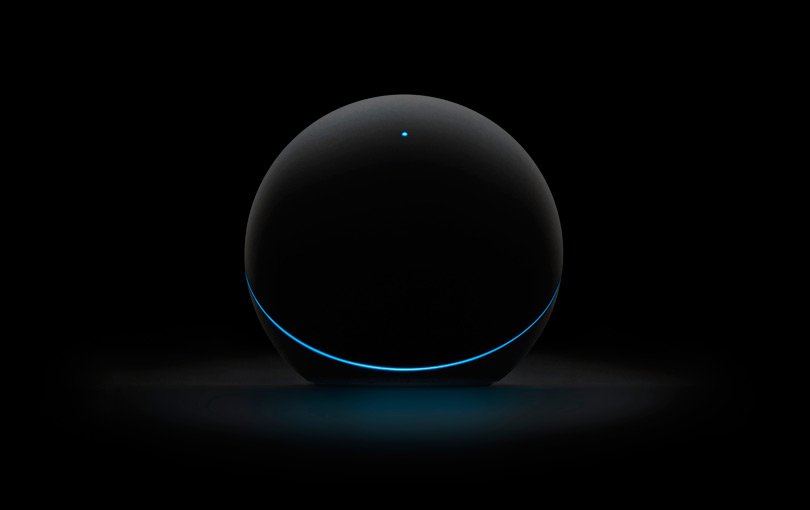
Techdom's Apple aura problem
Last week, Google unveiled its first consumer electronics device -- Nexus Q. If Steve Jobs were still alive and had announced the same product as "one more thing", there would be headlines everywhere that Apple had done it again -- that the fruit-logo company raised the bar and demonstrated its brilliance at design and innovation.
Nexus Q is a remarkable product. The sphere changes fundamental concepts about entertainment. Content is in the cloud. Smartphones control the device, and they're also where users interact with content (e.g., small versus big screen). Users can share, say, music on the same device -- not one but anyone is in control -- and all without wonky, local digital rights management. Nexus Q attaches to any modern TV or sound system, and because content is in the cloud it's available anywhere the device goes. The sphere is beautifully constructed, too. But Jobs didn't unveil the sphere, someone whose name you don't even recognize did. As such, Nexus Q is largely ignored because stigma is attached: Apple didn't invent it.
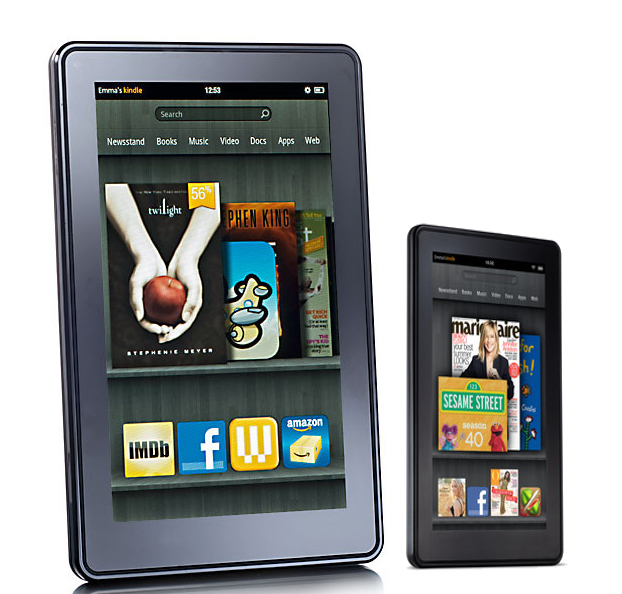
An Amazon Smartphone could be the biggest loss leader of all
Following up on reports from the fourth quarter of 2011, Bloomberg on Friday cited anonymous sources that said Amazon is working on its own Smartphone in conjunction with noted Chinese device manufacturer Foxconn International Holdings. Additionally, the report pointed out that Amazon is also on the market to buy more wireless patents, highlighted by the fact that the company recently hired a new general manager for patent acquisitions.
Contemporaneously with the Bloomberg report, approximately a dozen new job listings at Amazon popped up today for mobile software engineers that can support "existing Amazon technologies and [build] support for next-generation technologies."
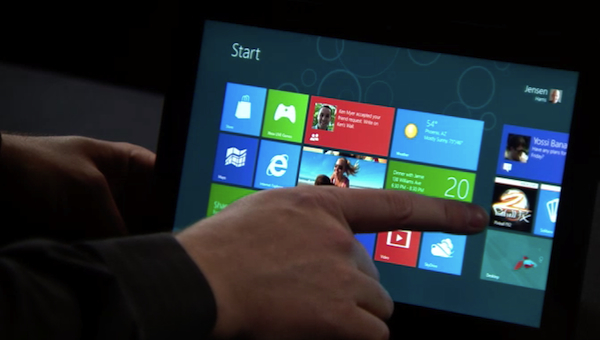
What if Windows 8 fails?
It’s the hypothetical scenario many IT pros try to ignore: What if Microsoft’s Windows 8 launch is a dud? What if Surface is a flop, the $40 upgrade promotion fizzles and all of those slick new Windows RT tablets don’t fly off the shelves?
Given today’s consumer-driven BYOD IT culture, it’s a very real possibility. The Windows ecosystem simply doesn’t hold the gravitas it once did, with users finding every possible excuse to cut the enterprise cord and dump their clunky old IT-issued laptops and desktops. It’s like the cold war-era Soviet Union facing off against Western society: Once the populace got a taste of Levis and free speech, there was no holding them back.
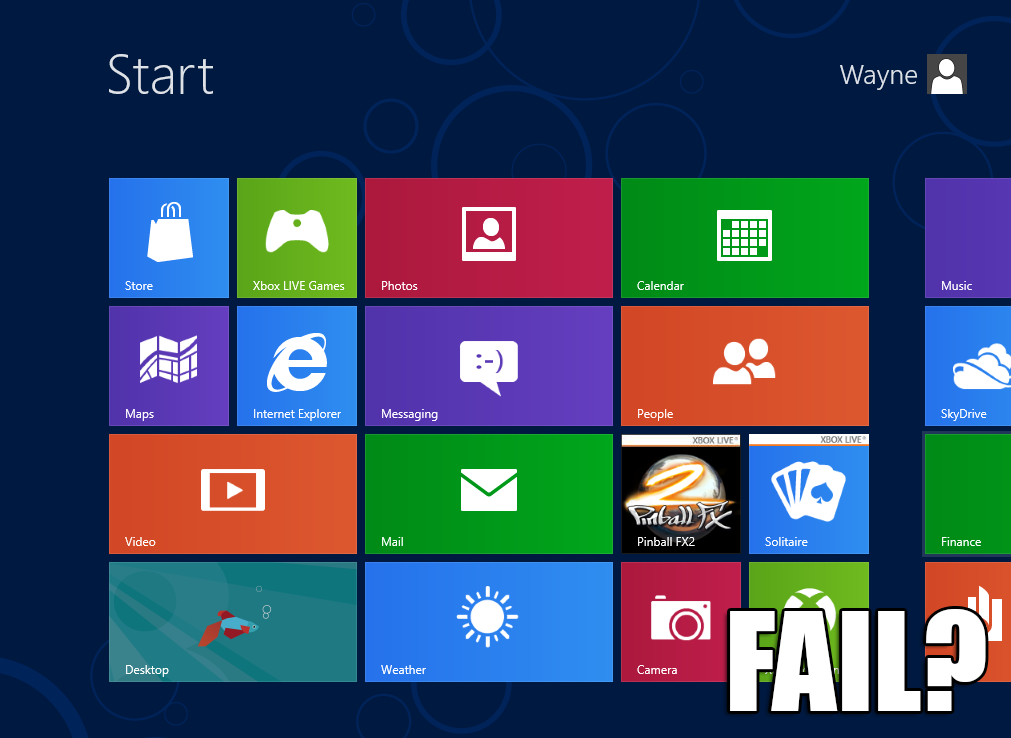
Windows 8 will flop
A technology journalist friend of mine often makes sweeping statements regarding how well he thinks a new program or piece of hardware will fare, and he’s usually completely wrong. When Ubuntu first arrived, he declared it would kill off Windows and render Microsoft an aging OS irrelevance. When Apple launched the iPad he told everyone who cared to listen that it would be a total failure because no one would want one.
I’m far less prone to making such proclamations, but I think I’m on reasonably safe ground when I say Windows 8 is going to be a dud. No version of Windows will ever be a total failure. Even Vista, which is regarded as one of Microsoft’s least successful operating systems, sold reasonably well, and I’m sure as soon as Windows 8 is released we’ll hear a lot of statistics coming out of Microsoft about how it’s the fastest-selling OS since Windows Whatever. But they’ll be statistics that we’ll have to take with a fair amount of salt.

PCs are still doomed and their end will come quicker than you think
A reader pointed out to me this past week that the personal computer is well over 30 years old -- a number that has real consequence if you are familiar with my work. He remembered I predicted in 1992 that PCs as we knew them would be dead by now.
I was obviously a little off in my timing. But only a little off. PCs are still doomed and their end will come quicker than you think.
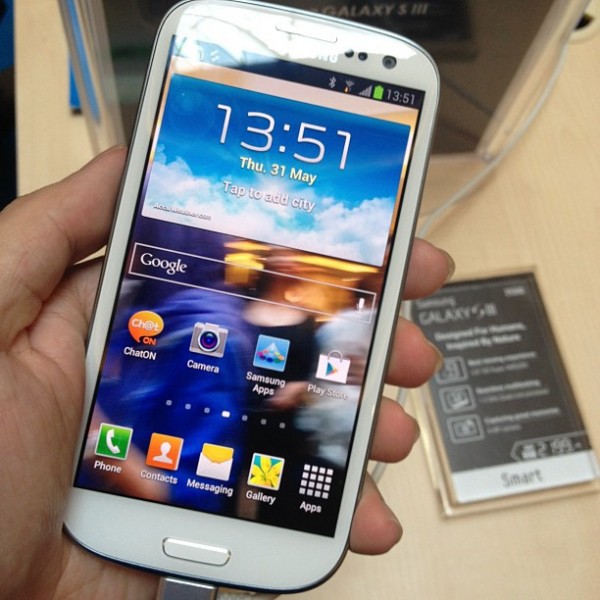
Challenge Hollywood filmmakers with Samsung Galaxy S III [review]
The Galaxy S III is a wonderful beast, whose 8-megapixel stills camera can also shoot video in full HD (1920x1080). So is this a triumph of technological democratisation? Is the Galaxy S III all you need to challenge the dominance of the Hollywood Studios and their ridiculous $200m budgets? After all, some movies are made on Digital SLRs these days. Read on to find out.
The answer is a definite, well, maybe. As I’ve noted in my review, the S3’s pictures are surprisingly good, and while it would be a stretch to say you could shoot "The Avengers" on a smartphone, there is a lot you can do with this tiny camera. It could certainly be a terrific little helper for blogging, web-reporting and almost anything else you might want to put on the Internet, or produce for home or office use. Obviously it has limitations, even when compared to dedicated camcorders of the same price point, so here are a few suggestions and tips for getting the best out of it.

I declare independence from Apple
Since December 1998, when on impulse I bought the original iMac from CompUSA, I've used Apple gear. No longer. Late yesterday, I replaced the last fruit-logo with another, fulfilling my pledge nearly a month ago to boycott Apple. I wanted to declare independence sooner, but with so much news to write about in June and Google I/O last week, researching and replacing the AirPort base station was too much trouble. But it's offline now -- and, along with Apple TV, going on Craigslist today.
Circumstances since choosing to boycott make me all the more adamant. Last week, US District Judge Lucy Koh issued two preliminary injunctions against Samsung devices -- Galaxy Tab 10.1 and Galaxy Nexus. Yesterday she denied Samsung's request to stay the ban pending appeal. Anticipating Nexus' similar fate, Google swiftly responded by pulling the phone from its online store and dispatching an update to existing phones. I chose to boycott being so angry by Apple's aggressive patent bullying that thwarts competition and takes away consumer choice. Today, I celebrate America's independence anniversary by gaining freedom from Apple.
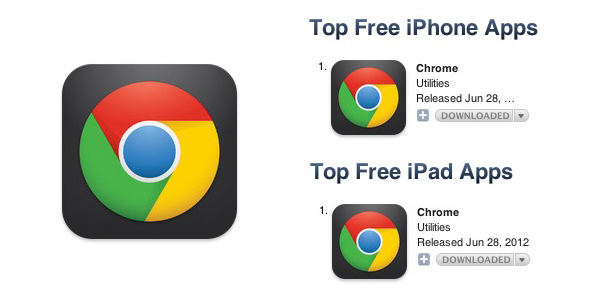
Does Chrome have a future on iOS?
There's a certain, sweet justice: While Apple stomps all over Android licensees in the courts after falling out with Google, Chrome tops both iPad and iPhone App Stores. Last week, Google's browser invaded iOS -- eh, was granted admittance to the App Store -- and is ready to put Safari out to pasture.
On the other hand, the competition isn't exactly stellar. Chrome beats out Pinger, CSR Racing and Talking Ted on iPhone. (What? No cat video app?) But there is now a choice among browsers. On the desktop, Chrome retained its No. 1 usage share position in June, according to StatCounter. The question now: How long before Chrome deeply encroaches on Safari on iOS?

YouTube isn't the future of TV
In a few weeks I’ll launch a YouTube channel where you’ll be able to see lots of shows readers have asked about, including Startup America and even that lost second season of NerdTV. YouTube, as the largest video streaming service anywhere, is the absolute best place for me. But YouTube isn’t the future of TV.
I know this because TV is a business and this channel I’m launching is a business and I’ve spent the last several weeks talking to investors and running the numbers every which way. I’ve spent many hours with my friend Bob Peck looking at the economics of YouTube and my unequivocal conclusion is that while YouTube is great, it isn’t TV.

Is Microsoft trying to kill BYOD?
IT news comes in fast. Sometimes it takes us a while to process it all. In the blur of competing headlines, critical trends become obscured, and seemingly disconnected events -- when viewed through the prism of a few days rest and a good cup of tea -- can suddenly seem interrelated.
Consider the past two weeks. First, Microsoft drops the Surface bombshell, including news that only one of the devices -- the Windows RT version -- will be ready in time for the holidays. Then, on the heels of much hand wringing over Google’s Nexus 7 and its impact on the BYOD movement, PC stalwart Hewlett Packard reveals that it won’t be shipping any Windows RT tablets, at least not in the short term. Again, seemingly disconnected events -- yet when you pull them all together they lead to one inexorable conclusion: Microsoft hates BYOD.
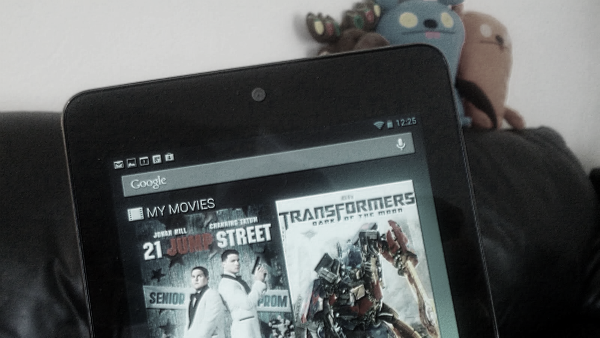
Google Nexus 7 first-impressions review
Last week, Google introduced its first branded tablet during the I/O developer conference. You can preorder one now, for delivery in a few weeks: $199 (8GB) or $249 (16GB). Maybe you're wondering if you should get one. I'd like to help that decision-making process, having the privilege of using Nexus 7 since June 27.
Nexus 7 is the most important Android device released to date. The tablet represents a culmination of disparate product and cloud services development coming suddenly together -- hardware, Jelly Bean, Chrome, curated content, seamless sync and personal assistant Google Now, among others. The tablet is first and foremost for anyone living the Google lifestyle. If you use more than a handful of Google services, this device, or Galaxy Nexus, is for you. Well, with caveats. Those aside, if you don't want this tablet, you really should.

Four self-hosted Dropbox-like services businesses can use
File synchronization services like Dropbox have really taken off in recent time. They basically allow you to sync files between devices using cloud storage as buffer. Depending on the service, you get web access, document editing options, photo galleries, media streaming and more on top of that.
All services have in common that they encrypt the connection between your computer and the cloud host to protect the data from third parties that try to intercept or record what is being transferred. Each service has implemented its own scheme, and it is often difficult and sometimes even impossible to find out how the data is protected by the service.

Apple's injunction stopping Galaxy Nexus sales is shameful
I'm ashamed of Apple, and myself for giving anything to iPhone today. To celebrate iPhone's fifth anniversary, I asked BetaNews writers to offer missives based on their experience using the handset. We published Wayne Williams' story on Wednesday, another by Chris Wright early day and my own this afternoon. Two other stories are in the queue. We'll run them over the weekend, however, instead of today. There's no longer any sense of birthday celebration in these halls.
Today, US District Judge Lucy Koh gave Apple a great gift for iPhone's fifth, that I see as anything but. Apple's preliminary injunction against the Samsung-manufactured, Google-branded Galaxy Nexus is an outrage and demonstrates how far fallen is Steve Jobs' company from the innovative spirit that brought iPhone to market. The original set the smartphone market ablaze and brought Apple to unimagined success as seen from 2007. There was a time when Apple innovated rather than litigated and up-ended so-called copycats by making bold, breath-taking successor products. But that Apple is gone, buried with Jobs, who sadly left this world last year.
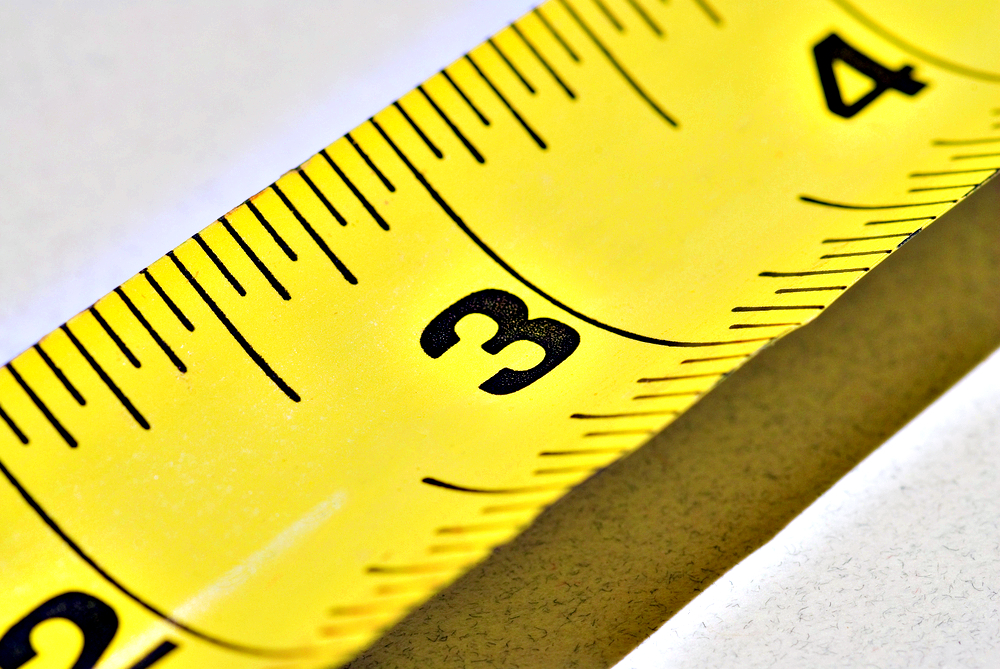
Nexus 10: Three extra inches of BYOD Hell
It’s relentless. Just when my psyche was beginning to recover from the Nexus 7 bombshell, here comes the Nexus 10. A rumored upsized-version of Google’s recently announced reference platform, the Nexus 10 will be to the iPad what the Nexus 7 is to the Kindle: An immediate, existential threat pounding on the gates of Fort Cupertino.
To Apple, the thought of an ultra-cheap (think sub-$300), 10-inch iPad fighter must send chills down CEO Tim Cook’s spine. But to me, the Nexus 10 represents something much worse: Three extra inches of BYOD hell for enterprise IT shops.
